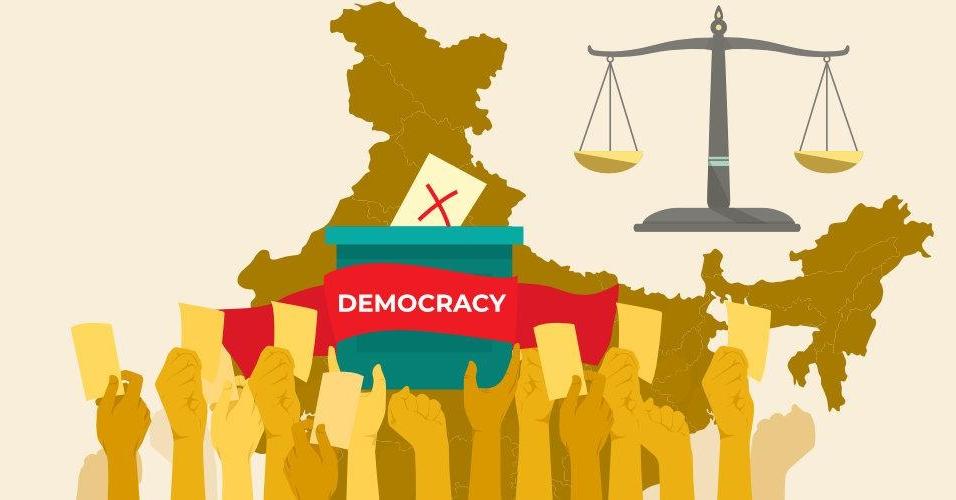India, often referred to as the world’s largest democracy, is a nation of remarkable diversity and unity. At the heart of this vibrant democratic fabric lie its 28 states, each with its unique cultural, historical, and political identity. While the headlines often focus on national-level politics and central government decisions, it is at the state level where the true essence of India’s democracy comes alive. This article will delve deeper into the role of 28 total states in India in shaping the country’s democracy, uncovering the dynamics that make it a true melting pot of ideas and ideologies.
1. A Tale of Unity in Diversity
India’s diversity is epitomised by its 28 states, each representing distinct languages, traditions, and customs. While the central government sets the framework for national policies, it is the states that embrace and adapt these policies to suit their specific needs. This decentralised approach to governance fosters a sense of unity through shared diversity, allowing India’s democracy to thrive by accommodating various regional aspirations.
2. State Governments: A Crucial Pillar of Indian Democracy
The states of India possess significant autonomy and legislative powers, allowing them to govern their affairs independently. State governments play a vital role in implementing policies related to education, healthcare, infrastructure, and other essential services, directly impacting the lives of their citizens. This decentralisation of power ensures that governance is more accessible and responsive to the needs of local populations.
3. Laboratories of Innovation: Policy Experiments in States
India’s states serve as laboratories for policy experiments, trying innovative approaches to address social, economic, and environmental challenges. Different states often implement distinct strategies such as poverty alleviation, healthcare, and environmental conservation. This diversity of approaches fosters healthy competition and allows the best ideas to emerge, benefitting the nation.
4. Regional Political Landscape
The political landscape in India is as diverse as its geographical features. Each state has unique political parties and ideologies catering to its citizens’ interests. State-level elections are fiercely contested, and the outcomes often provide insights into the changing aspirations and priorities of the people. Regional parties ensure that the interests of various linguistic and cultural groups are well-represented in the political discourse.
5. Influence on National Politics
India’s states wield considerable influence in national politics. With the upper house of parliament (Rajya Sabha) representing states and union territories, the states’ interests are adequately voiced and safeguarded at the national level. Coalition governments are a common occurrence in India, and state-based parties often play a decisive role in forming these alliances, further emphasising the importance of state-level politics.
6. Empowering Local Governance: Panchayati Raj System
India’s Panchayati Raj system is a shining example of grassroots democracy in action. Through this system, local governance is decentralised, empowering villagers to participate in decision-making processes. The Panchayati Raj institutions provide a platform for citizens to voice their concerns, leading to more inclusive and transparent governance.
7. Addressing Regional Disparities
India’s vastness brings with it regional disparities in development and resources. States play a critical role in addressing these imbalances by formulating policies that promote equitable growth. Through their fiscal and administrative powers, states can allocate resources where they are needed the most, ensuring that progress is not concentrated in one area but spread across the nation.
In conclusion, beyond the headlines that dominate the national news, 28 total states in India form the backbone of its vibrant democracy. They represent the diverse voices, aspirations, and ideas of its people. Embracing this diversity and empowering states with autonomy, India’s democracy has become a resilient and inclusive system that stands as a beacon of hope for democratic values worldwide. As India continues its journey, its states will remain instrumental in shaping a brighter future for the nation and its citizens.
